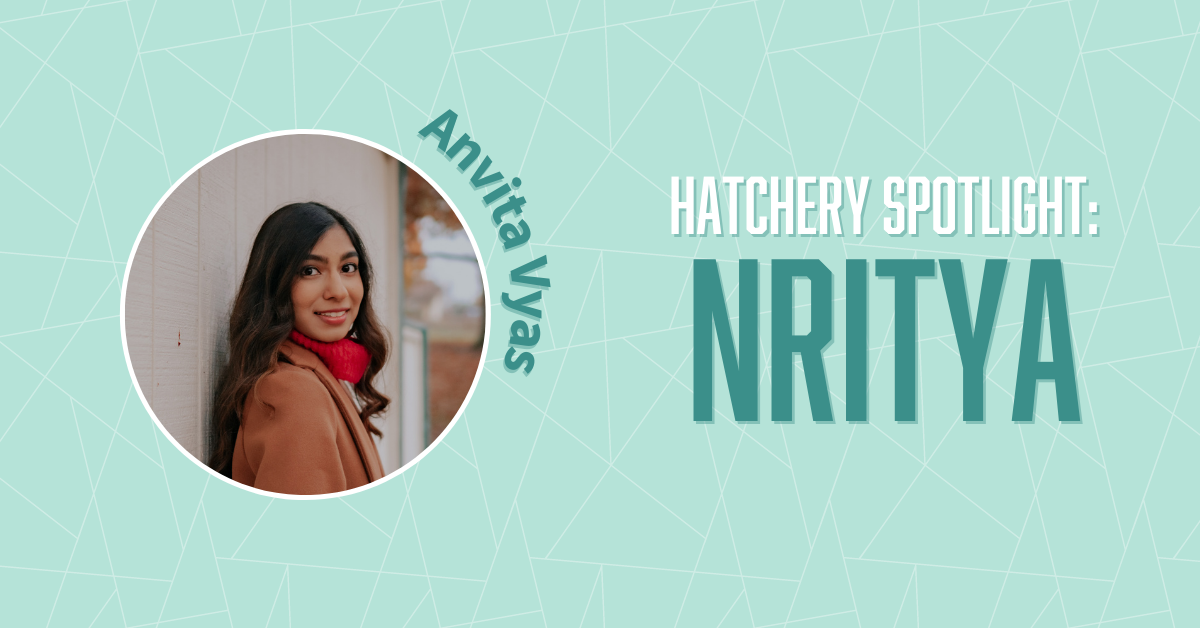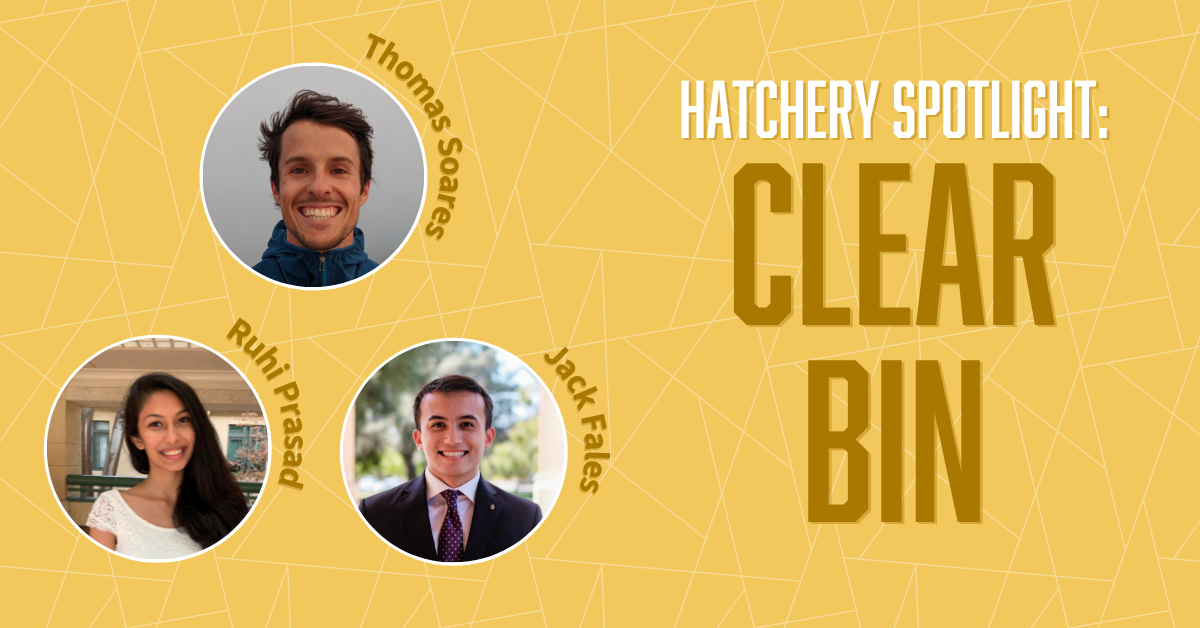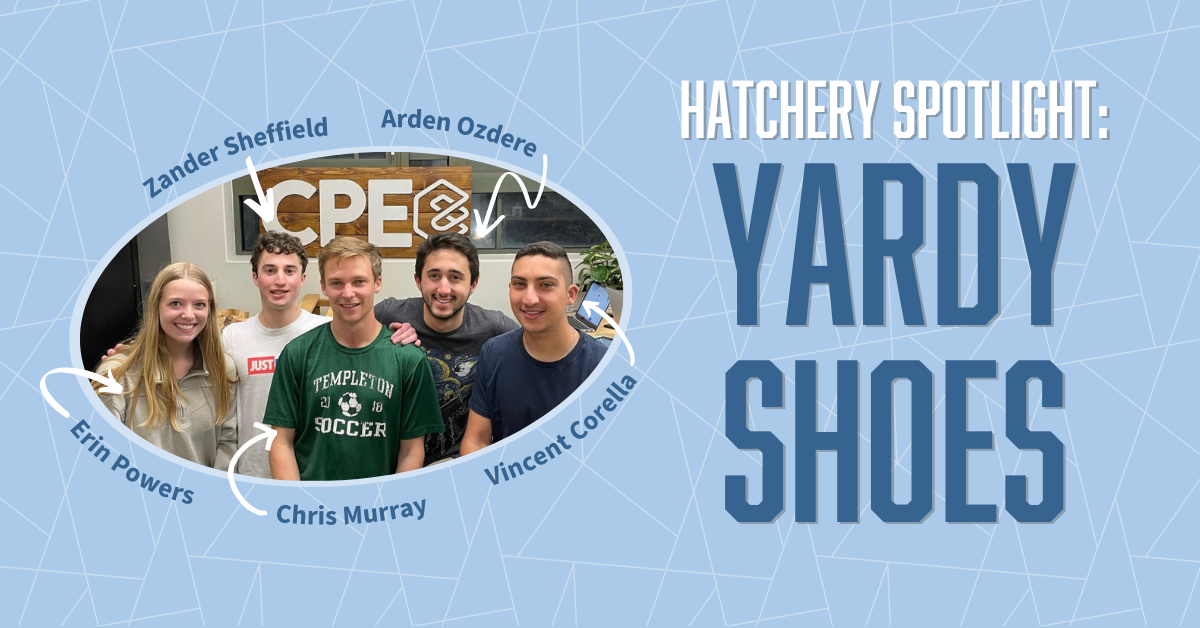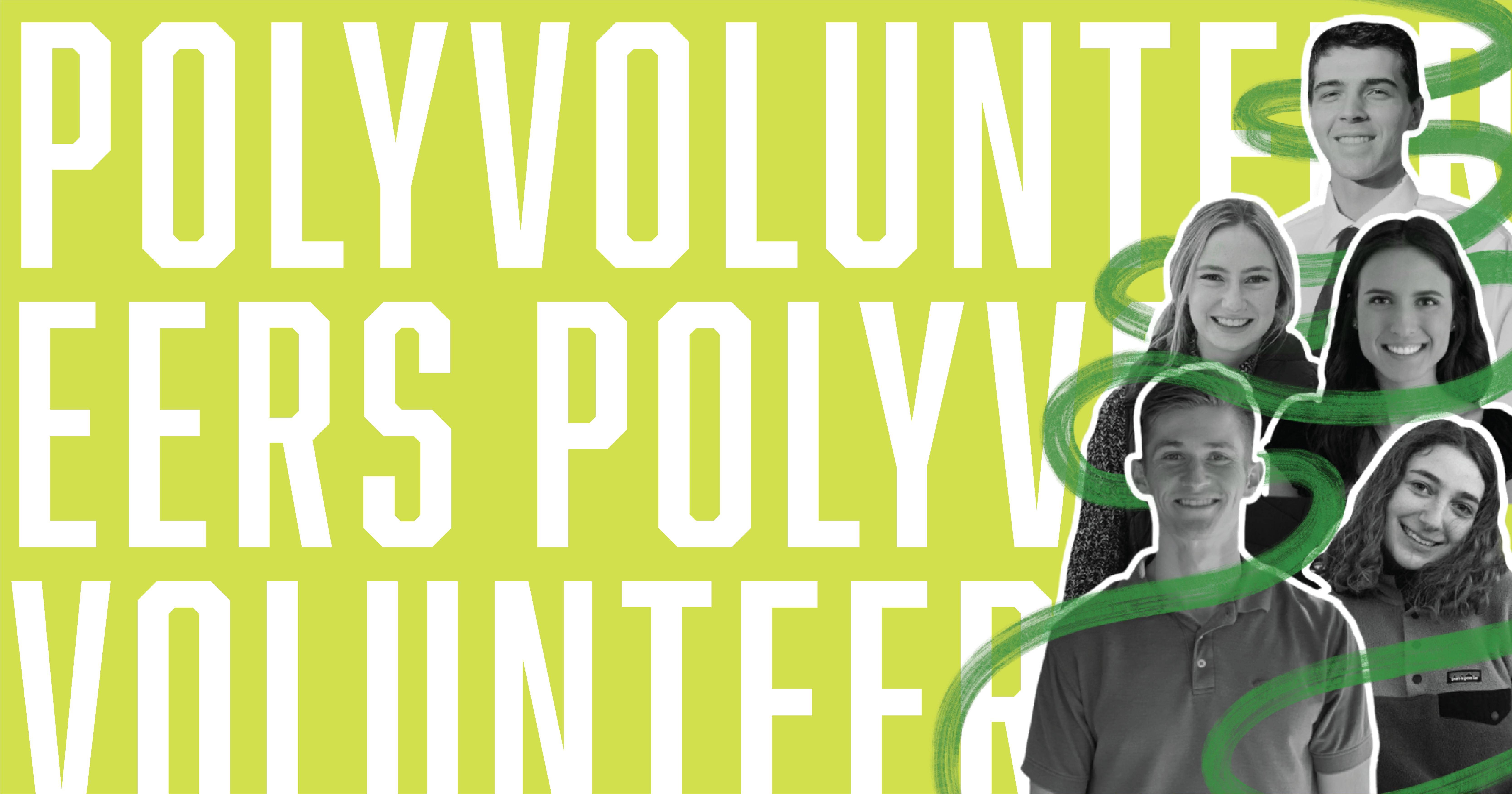Hatchery Spotlight: Nritya

Anvita Vyas has spent most of her life dancing. She found her passion for dance at an early age. Her mother tells her that the “first thing [she] learned to do as a baby” was “moving [her] arms and legs and finding the best way to express [herself],” Vyas said.
Now a business administration sophomore at Cal Poly, Vyas is experienced in several styles of dance, including classical Indian dance, modern dance, hip hop and jazz.
Although Vyas has enjoyed her time as a dancer, her experience has also revealed a disconnect within the industry. Dancers, Vyas said, often struggle to find and connect with choreographers.
“Collaborating and being able to connect with others is not as easy as it seems,” Vyas said. “Having to commute to dance studios or workshops, it’s just not a convenient or feasible option for everyone.”
Vyas hopes to create a new — and easily accessible — place for dancers and choreographers to connect and collaborate with her startup Nritya.
Nritya is a digital platform working to bring together dancers and choreographers and catalyze growth within the dance industry. Vyas said while most dance-based applications are focused on improving skill or recording dances, Nritya is centralized on building community.
Vyas is building Nritya with the help of the Center for Innovation and Entrepreneurship (CIE) Hatchery, an on-campus resource designed to help Cal Poly students develop their startup ideas.
The Hatchery fosters a “very warm and welcoming community” and is able to connect students with entrepreneurs who can provide mentorship and offer advice on the startup process, Vyas said.
Vyas was familiar with Hatchery resources before she began working on Nritya — she also works for the CIE as a student innovation outreach coordinator. Vyas assists with the coordination and communication of student-oriented programs and events at the CIE.
Nritya was inspired in part by the innovation Vyas witnessed during the CIE Summer Accelerator, an intensive, summer-long program where Cal Poly students and recent graduates are given the resources needed to turn their startup ideas into real, scalable businesses.
“I was meeting nine startup teams who were receiving that guidance and going through that development, and that’s really when my eyes were opened,” Vyas said. “I realized I needed to act on my idea, to do what I can to make a difference.”
Vyas is currently working on customer development. She is reaching out to several dance organizations and using social media to connect with dancers who may be interested in Nritya.
She is also working to grow the Nritya startup team and find potential programmers as she graduates from the customer development stage to the prototyping stage.
Vyas said she hopes Nritya will one day become a valuable asset to the dance community.
“Right now, I’m really focusing on making sure [Nritya] can be something meaningful,” she said.





